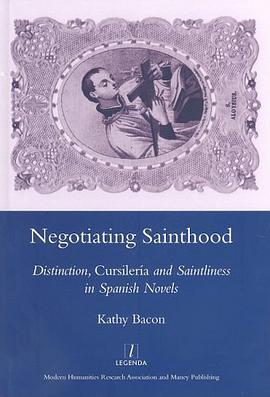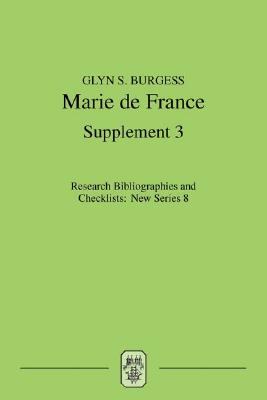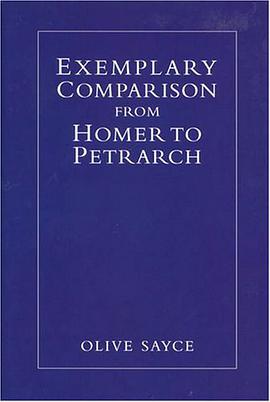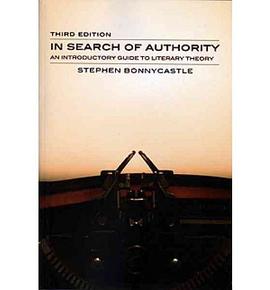

具体描述
The turn of the twentieth century was a decisive moment in the institutionalisation of Russia's literary scholarship. This is the first book in the English language to provide an in-depth analysis of the emergence of Russia's literary academia in the pre-Revolutionary era. In particular, Byford examines the rhetoric of self-representation of major academic establishments devoted to literary study, the canonisation of exemplary literary historians and philologists (Buslaev, Grot, Veselovskii, Potebnia, Ovsianiko-Kulikovskii), and attempts by Russian literary academics of this era to define their work as a distinct form of scholarship (nauka). By analysing a range of academic rituals, from celebrations of institutional anniversaries to professors inaugural lectures, and by dissecting the discourse of scholars' obituaries, commemorative speeches and manuals in scholarly methodology, Byford reveals how the identity of literary studies as a discipline was constructed in Russia. He provides not only a unique insight into fin-de-siecle Russian literary scholarship, but also an original approach to academic institutionalisation more widely.
作者简介
目录信息
读后感
评分
评分
评分
评分
用户评价
相关图书
本站所有内容均为互联网搜索引擎提供的公开搜索信息,本站不存储任何数据与内容,任何内容与数据均与本站无关,如有需要请联系相关搜索引擎包括但不限于百度,google,bing,sogou 等
© 2026 book.quotespace.org All Rights Reserved. 小美书屋 版权所有




















